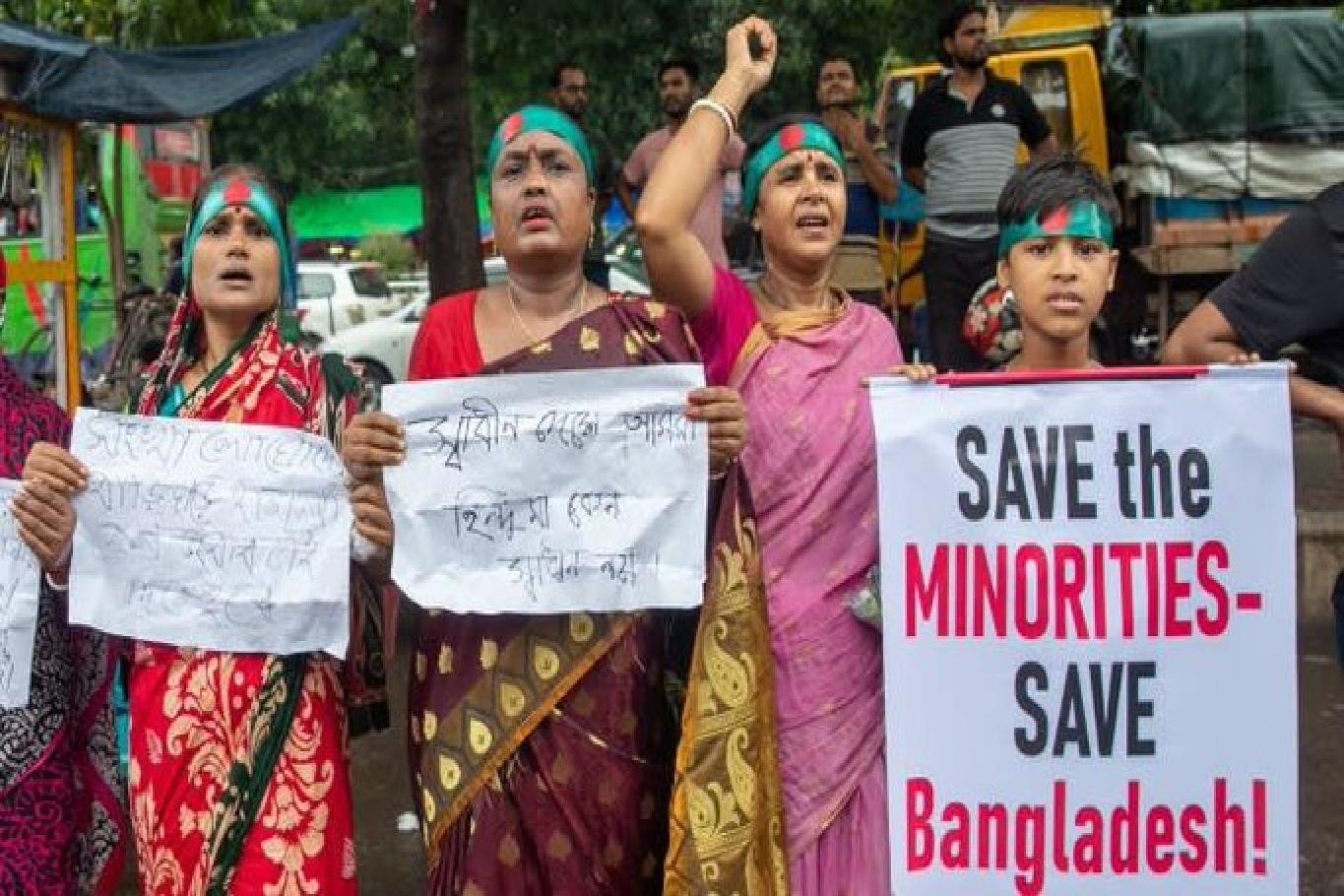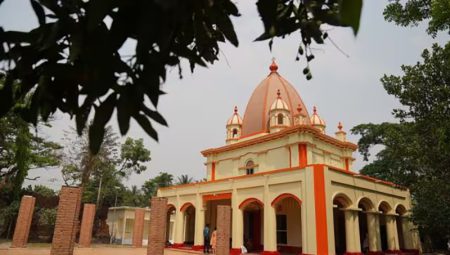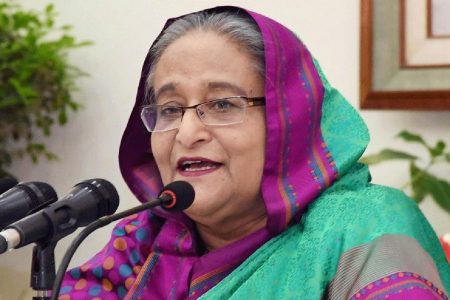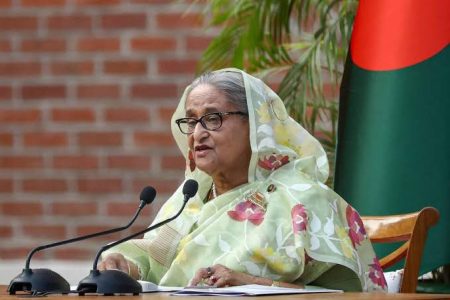
On Monday, Bangladesh’s newly appointed top security official, Lt Gen (retd) Md. Jahangir Alam Chowdhury, acknowledged that maintaining law and order is the primary challenge facing the interim government. He expressed the administration’s commitment to swiftly addressing these issues. In a media briefing, Chowdhury stressed the importance of resolving security concerns and elaborated on his dual roles overseeing both home affairs and agriculture.
Chowdhury, who took office on Friday, emphasized the urgency of tackling the law and order situation. He succeeded Brig Gen (retd) M Sakhawat Hussain as the home adviser following criticisms of Hussain’s performance from student leaders and media reports. This change came amid significant unrest after Prime Minister Sheikh Hasina resigned and fled to India on August 5, following widespread protests against her government’s controversial quota system. The ensuing violence has claimed over 230 lives, bringing the total death toll to more than 600 since the protests began in mid-July.
The interim administration, led by 84-year-old Nobel laureate Muhammad Yunus as Chief Adviser, has responded by transferring the heads of all 50 police stations under the Dhaka Metropolitan Police. This measure aims to stabilize the situation in the capital and beyond.
In addition to his home affairs responsibilities, Chowdhury outlined his agricultural goals, which include increasing food production to better feed the population. He also met with UN Resident Coordinator Gwyn Lewis to discuss potential UN support for various sectors. Chowdhury highlighted the need for additional aid in managing the Rohingya crisis, with the population now exceeding 1.2 million. He expressed concerns about the rising costs and the sustainability of current support levels.
Chowdhury noted that a UN fact-finding mission is expected to visit Bangladesh next week to further assess the situation and discuss the kind of support required.









